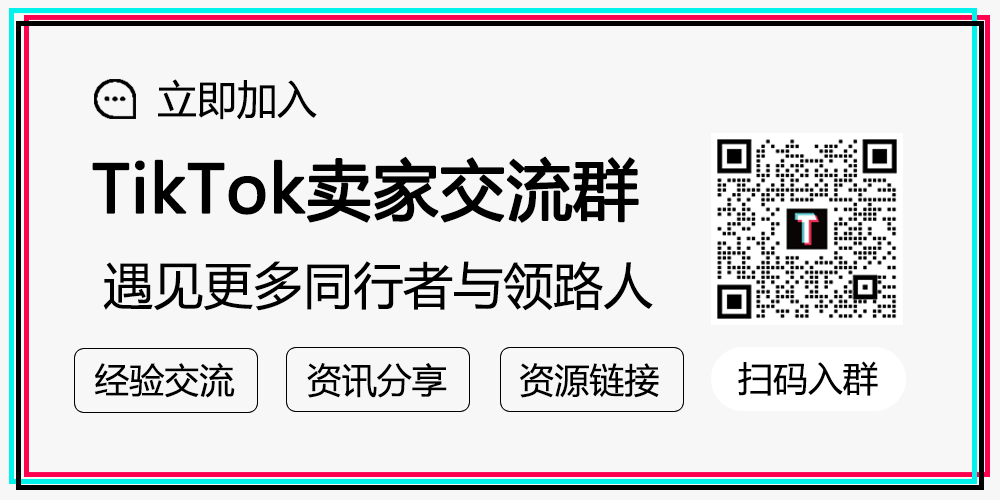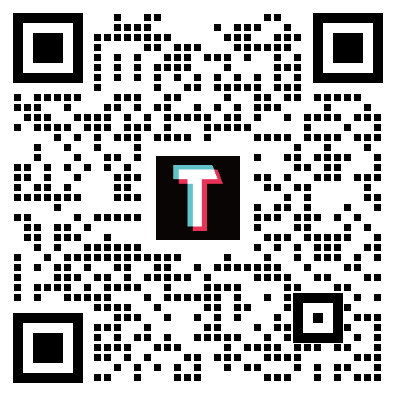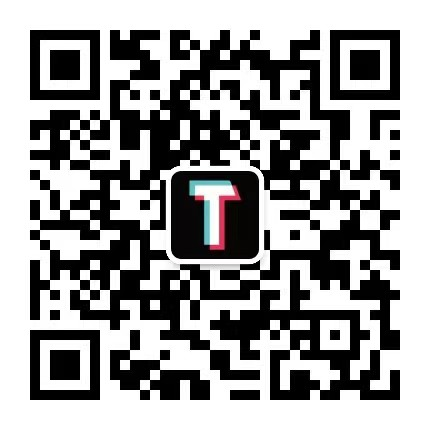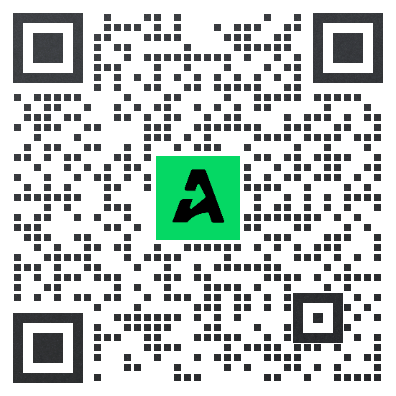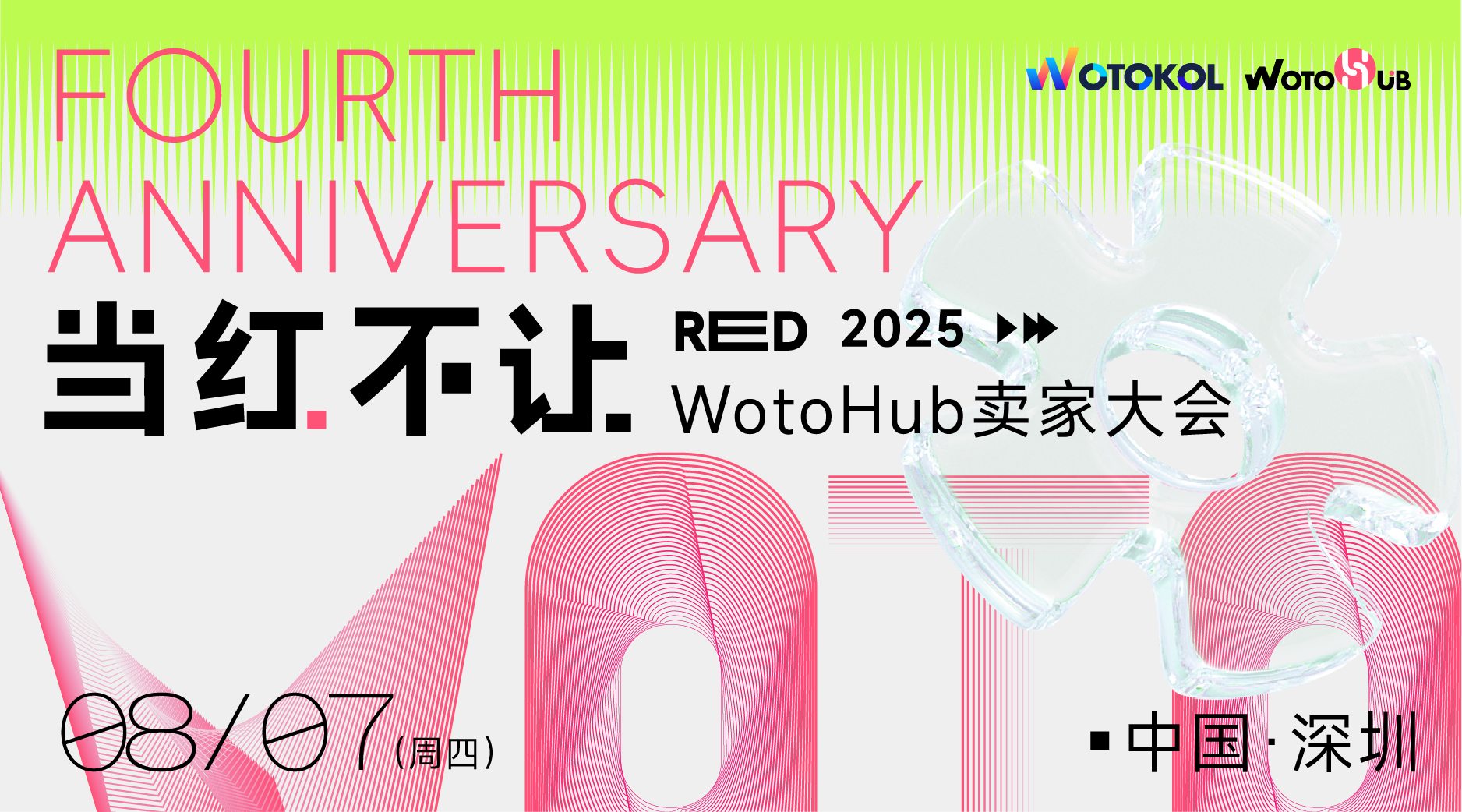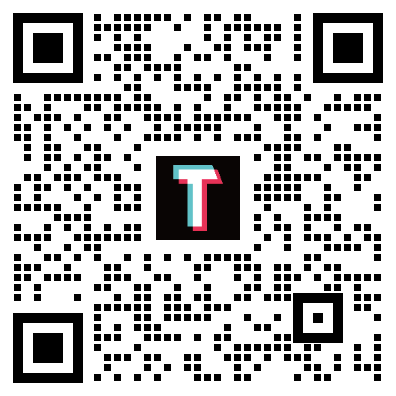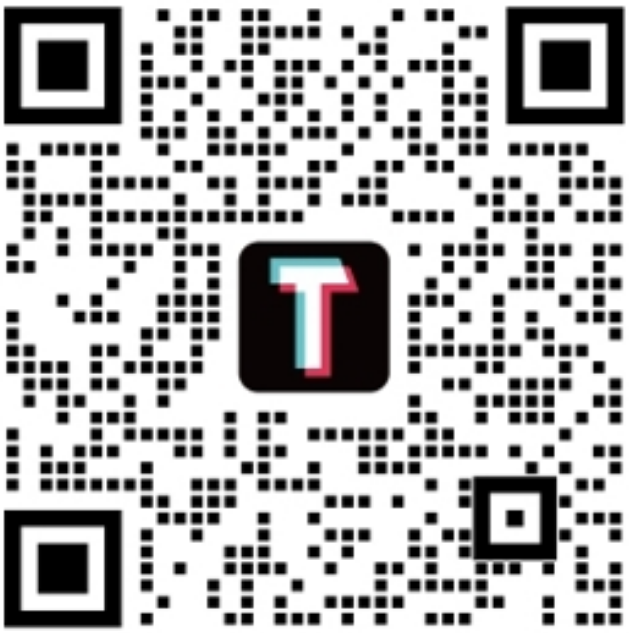Search Ads Keywords
Keywords are words or phrases used to match your ads with search terms. While keywords are the words advertisers use as targeting, search terms are the words TikTok's users type in to search for content. Keywords are applied only at the Ad Group level. Selecting high-quality, relevant keywords can enhance your campaign's effectiveness by reaching your desired audience.
Negative keywords can also be utilized to optimize performance and ensure brand safety. Negative keywords ensure that no traffic is delivered to user queries that match to the advertiser selected negative keywords. You can utilize up to 1,000 keywords per ad group and 10,000 negative keywords per ad group.
Keyword-level bidding is supported only within the Search Ads Campaign Traffic Objective
Targeting options may vary based on Optimization Goals and Bidding Strategy
Keywords can be edited post-campaign activation.
The TikTok Keyword Suggestion Tool is also available to provide suggestions and guidance to help advertisers optimize their keyword selection. Find out more about the TikTok Keyword Suggestion Tool here.
Advertisers using Search Ads Toggle, will have access to a Search Terms report. This report shows the organic queries matching to their ads. This report can be a source of keyword inspiration for the Search Ads Campaign.
Keyword Match Types
Keyword Match type tells our system how closely a keyword needs to match with the user’s search query for an ad to be considered for an auction.
Broad match: keyword | Syntax: none, type keyword normally Logic: Queries must relate to your chosen keyword (highest reach, lowest relevance) |
Phrase match: “keyword”* | Syntax: type keywords in “parentheses” Logic: Queries must include your keywords (medium reach, medium relevance). Phrase match keywords must include the meaning of your keyword in the search query, either explicitly or implicitly |
Exact match: [keyword] | Syntax: type keywords in [brackets] Logic: Queries must closely match your keyword (lowest reach, highest relevance) May also include: words with closely related syntax, reordered words with the same meaning, adding or removing function words, implied words, synonyms and paraphrases e.g., swimsuit and bathingsuit, and same search intent e.g., [images royalty free] and 'free copyright images' |
*Additional notes on Phrase Match:
Keywords should be equal/broader than query. The intent of the query should be within the intent range of the keyword set by the advertiser.
Query | Keyword | Match-Type | Logic |
|---|---|---|---|
Halston 1-12 Perfume | "Luxury fragrance" | Phrase match | Both the query and keyword are intent for perfume, they are related in intent. 'Halston 1-12' is a specific brand and type of perfume, which falls under the broader category of luxury fragrances. Given the keyword refers to luxury fragrances in general, the phrase match is successful. |
Query involves two or more parallel products while the keyword only hits one or some products in the query. If for the matched product(s), the semantics of keyword include that of query, they can be a phrase match.
Query | Keyword | Match-Type | Logic |
|---|---|---|---|
swim shirt and shorts | swim short | Phrase match | The query is searching for two products, swim shirt and swim shorts. The keyword is only mentioning one of the products in the query, swim short. Thus, it's a phrase match. |
Words with multiple potential intents. If one intent can match, then it's a phrase match
Query | Keyword | Match-Type | Logic |
|---|---|---|---|
ombre lip blush | "LIP" | Phrase match | The intent of keyword 'lip' is not very clear, it can have multiple intents, including lip makeup products. The query 'ombre lip blush' is a makeup product for lip. Therefore, the match is a successful phrase match. |
Keyword Details
Max keywords per ad group: 1,000
Max negative keywords per ad group; 10,000
When first launching a search ad campaign, use as many relevant keywords as possible for the ad groups. It's recommended in most cases to have no fewer than 20 keywords per ad group.
Wherever possible, use broad match, and avoid exact match. The more limiting the targeting, the less opportunity for ads to show and the search campaign algorithms to learn.
After using broad match through the learning phase, advertisers can re-evaluate if they would like to move from broad to phrase or exact match keywords to become more targeted.
Keyword Quality
You should always ensure selected keywords are relevant to your creative. The more that your ad and keywords are related, the higher the ads' quality. High ad quality will increase the ads' ability to gain high-quality traffic, and therefore increase its ability to gain high quality conversions.
Please note that keywords serve as the targeting method for search campaign ads, but not a guarantee of traffic. To gain traffic for keywords, ads must first meet relevancy thresholds.
If keywords in an ad group are unrelated to the ads, these unrelated keywords can diminish the overall quality of the ad group, reducing opportunities for ad display on the Search Results Page. To address this, consider removing irrelevant keywords or adjusting creatives to better match the keywords.


